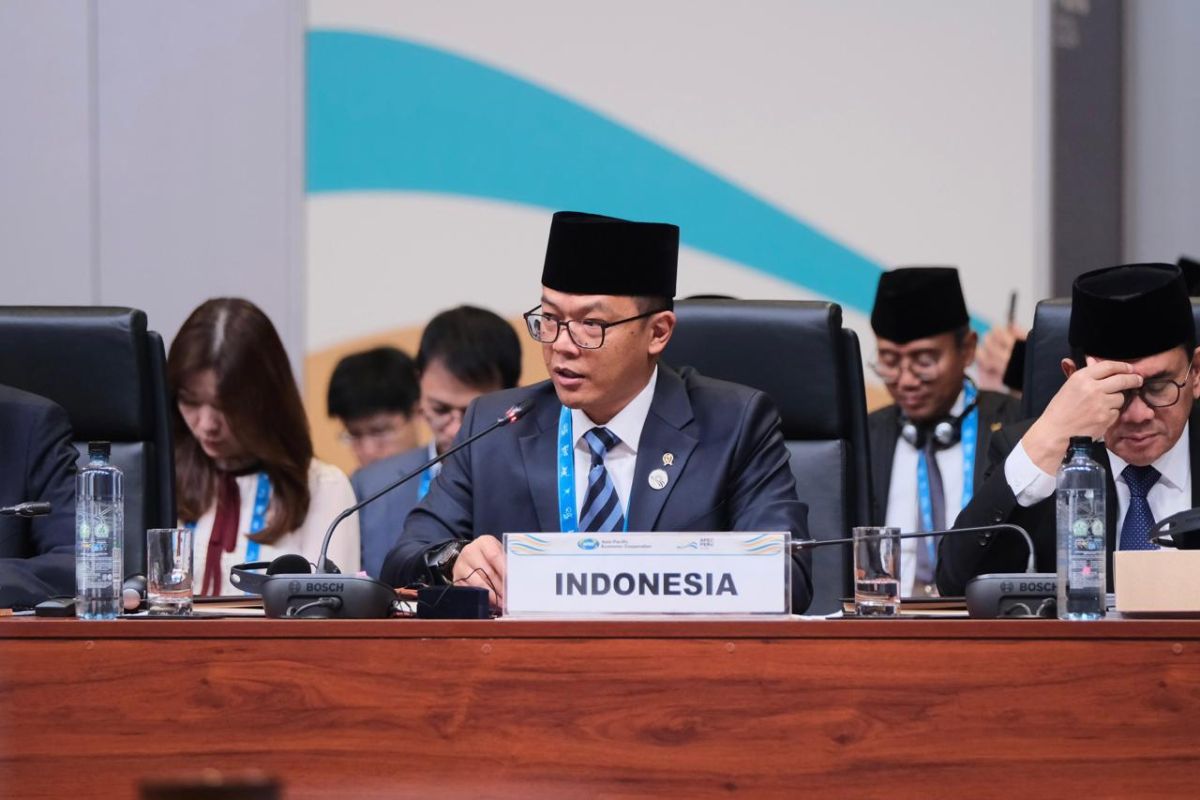Headline: Amit Shah‘s Helicopter Checked by Election Commission in Maharashtra
Amit Shah Highlights Election Integrity Amid Controversy Over Inspections
On November 15, 2024, Union Home Minister Amit Shah confirmed that his helicopter was inspected by Election Commission (EC) officials during his campaign in Hingoli, Maharashtra. Shah emphasized his party’s commitment to fair elections, stating, "BJP believes in fair elections and a healthy election system," in a post shared on X (formerly Twitter). This remark comes at a time of heightened scrutiny over electoral procedures and checks, amid mounting tensions in Maharashtra’s political landscape.
Context of the Inspection
The inspection of Shah’s helicopter is part of a broader initiative led by the Election Commission to maintain transparency and fairness in the electoral process. Chief Election Commissioner Rajiv Kumar announced earlier that enforcement agencies would systematically check the helicopters of all political leaders, aiming to prevent any undue influence during the elections. As the state prepares for elections for 288 assembly seats, ensuring a level playing field has never been more crucial.
While Shah’s helicopter inspection is viewed as a reinforcement of the election integrity model, it has sparked controversy following complaints about the treatment of opposition leaders. Notably, Uddhav Thackeray, president of the Shiv Sena (UBT), expressed outrage after his bags were subjected to two separate inspections. In defense of Thackeray, Nationalist Congress Party leader Supriya Sule condemned the incident, labeling it "dirty politics." She highlighted inequality in the enforcement of such checks, suggesting that politicians in power are not subjected to the same scrutiny as their opposition counterparts.
Broader Implications of the Checks
The checks now being enforced could have several implications for the political environment in Maharashtra. As parties ramp up their campaigns ahead of the upcoming vote count on November 23, the focus on maintaining a transparent electoral process is expected to alter the dynamics of political competition. Campaign strategies may shift as parties become more aware of their visibility and public perception, particularly in light of heightened scrutiny.
Additionally, these inspections may pave the way for stricter regulations in future elections, potentially influencing how political campaigns are structured and executed. Analysts suggest that as transparency becomes prioritized, candidates might need to adapt by being more open about their campaign financing and methods, thus reshaping India’s electoral landscape.
Statements from Leaders and Experts
In Shah’s X post, he urged collective commitment to a healthy electoral system, stating, "We all must contribute to a healthy election system and perform our duties in keeping India as the strongest democracy in the world." This sentiment underscores the ruling party’s strategy to position itself as a steward of democratic processes while simultaneously countering opposition allegations of bias.
Experts in political science note that this situation may serve as a critical test for the Election Commission’s ability to uphold impartiality amidst varying political pressures. Professor Swati Sharma, a political analyst, implies that the success or failure of these inspections might define the public’s trust in the electoral body moving forward.
Campaign Insights
As the campaigning intensifies, both the ruling Mahayuti and the opposing Maha Vikas Aghadi (MVA) are actively vying for voter attention and support. This election cycle is distinguished not only by the significant number of seats at stake but also by the technological approaches being employed in campaigning. From targeted social media ads to AI-driven data analysis to fine-tune outreach, technology is playing an increasingly pivotal role in how parties engage with constituents.
In summary, as Maharashtra prepares for crucial assembly elections, the actions taken by the Election Commission target the integrity of the process, sparking discourse on fair practices among political leaders. This moment in India’s democracy serves as both a reminder and an opportunity for political entities to engage transparently with their electorate.
What are your thoughts on the role of the Election Commission in ensuring fair elections? We invite you to share your opinions and engage with fellow readers in the comments section below.
For additional insights into election technology and fairness, check out related articles on TechCrunch or The Verge.
Note: For updates leading up to the elections, stay tuned to Shorty-News.


